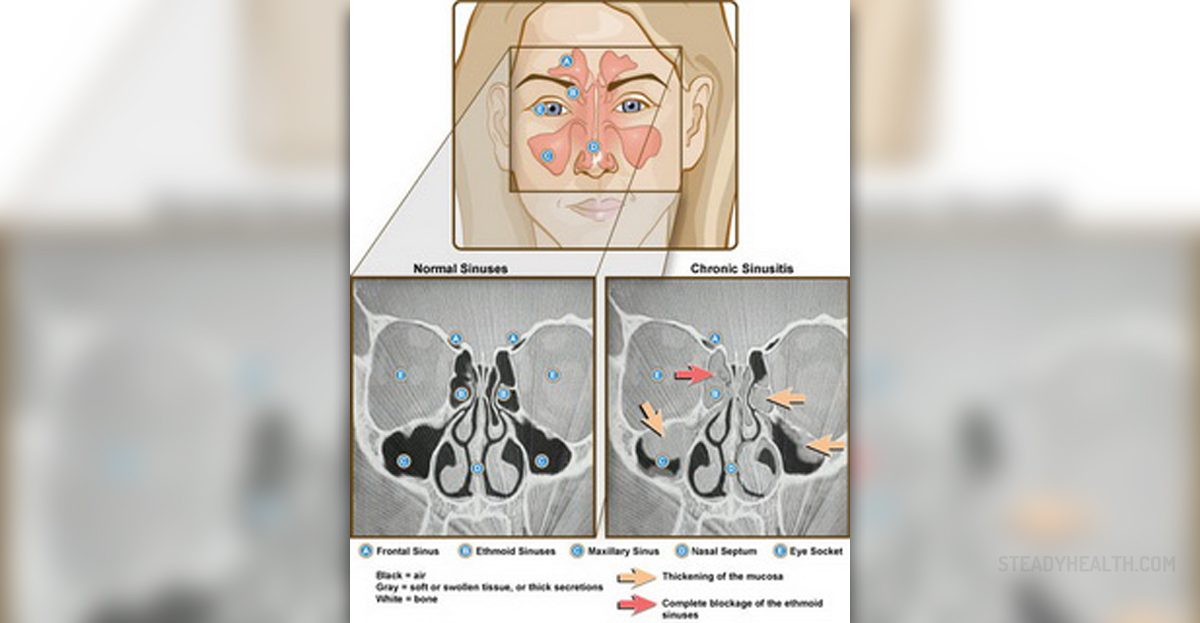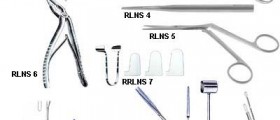
About sinusitis
The sinuses are small, hollow cavities filled with air. They are located behind the cheekbones and the forehead, and they come in pairs. There are four pairs of sinuses - frontal sinuses, behind the forehead, ethmoid sinuses, at the both sides of the bridge of the nose, sphenoid sinuses behind the eyes and maxillary sinuses behind the cheekbones.
The sinuses are connected to the nose and the mucus they produce is normally drained through the nasal cavity. Sometimes, due to viral or bacterial infections, the lining of the sinuses becomes swollen and inflamed and the mucus cannot evacuate from there. It builds up, causing pressure and pain.
The symptoms of sinusitis include feeling of pressure in the face, pain, especially when the head is tilted forward, possibly with fever and nasal discharge.
Sinusitis can be acute and chronic. Acute sinusitis usually only lasts a few days, although it can persevere and last for several weeks, while chronic sinusitis lasts at least 12 months or more.
Prevention of sinusitis
Sinusitis is often a consequence of viral or bacterial infections and the best way to prevent it is to prevent contracting viruses or bacteria that cause those infections. This is normally done by taking care of personal hygiene, especially frequent hand washing, and avoiding close or direct contact with persons who have cold or flu.
Sinusitis can result from allergies as well, which is why people who have allergies, such as hay fever, are advised to use antihistamines that keep the sinuses in good shape.
A generally healthy lifestyle can significantly reduce the risk of getting sinusitis. This means healthy eating, with well-balanced and nutritious meals, regular exercise and avoiding alcohol and tobacco products.
Sinuses need moisture in order for their lining to stay healthy, which is why it is important to always drink plenty of fluids, especially plain water. Indoor heating causes dry air that irritates the sinuses but it helps to use a humidifier or vaporizer, especially in the rooms where most time is spent, such as bedroom or living room.
Furthermore, it is recommended to avoid harsh, very cold, dry or windy weather, as well as polluted environment, fumes, second-hand smoke and other irritants.
When having a common cold or flu, it is very important to try to blow the nose as much as possible, but gently. It is also important to rest and make measures to prevent the infection of spreading to the sinuses.

















Your thoughts on this
Loading...